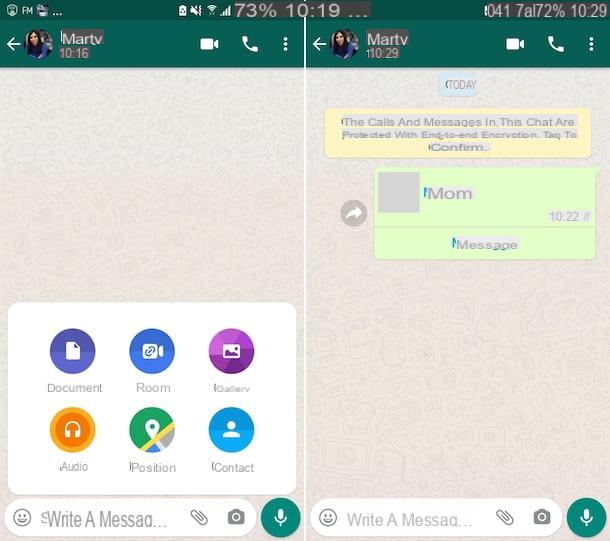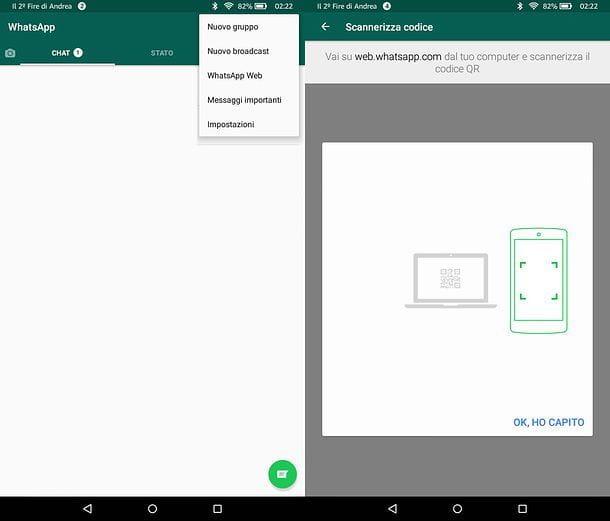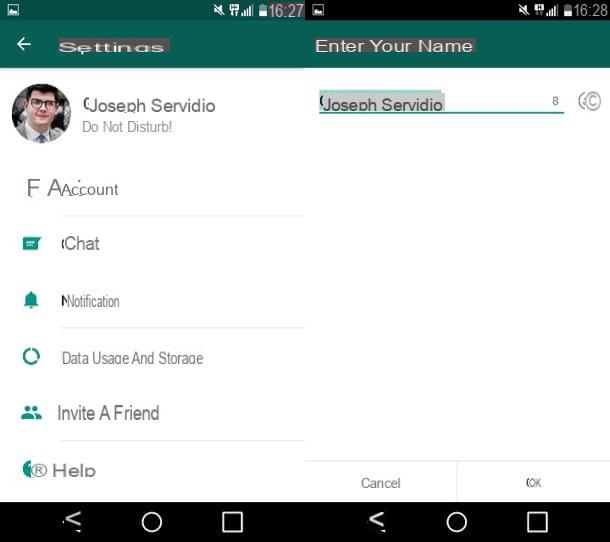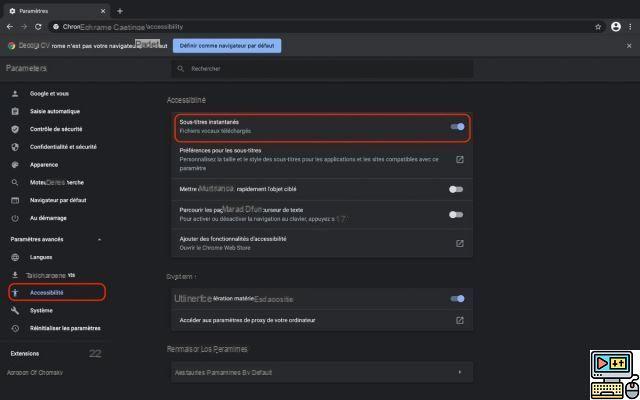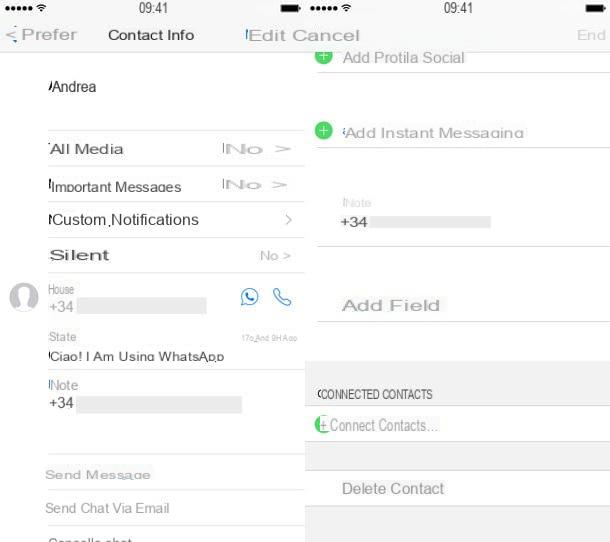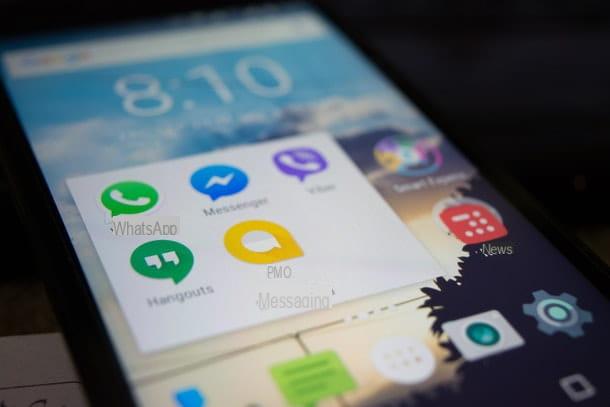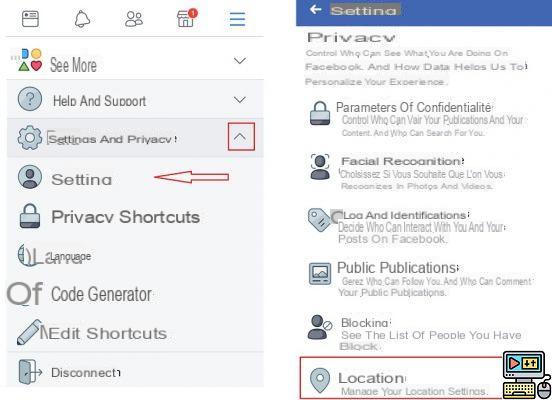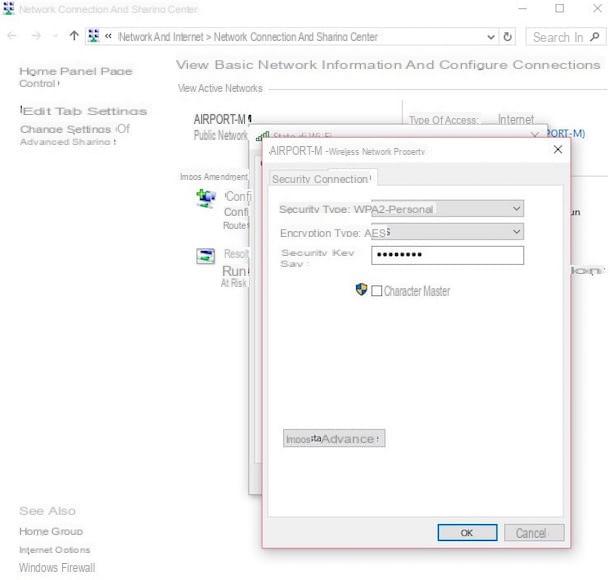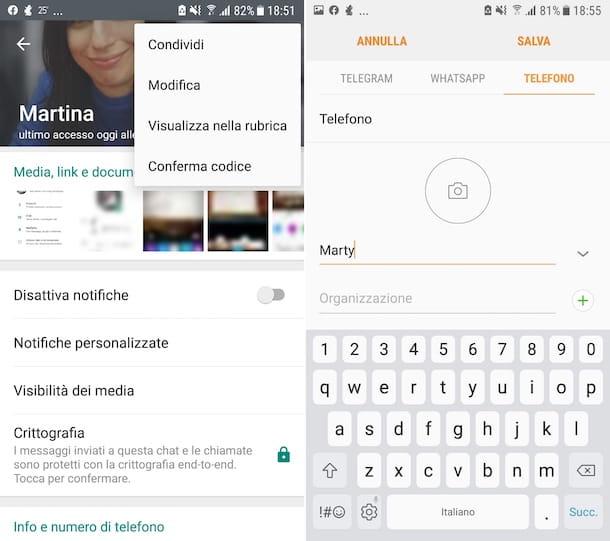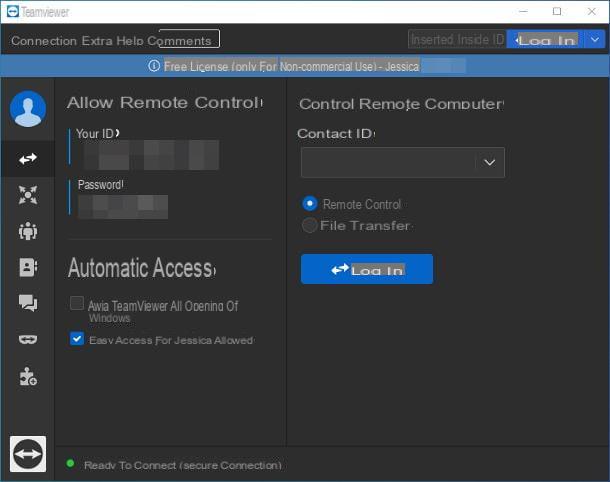Are you sure you have a protected smartphone or tablet? Here are some tips to make your Android secure

La Android security, as well as that for Apple devices, is not to be underestimated. On our smartphone there is now a lot of information, even private, that could be lost or deleted. To protect your Android smartphone from viruses and threats, you can perform some simple operations, which allow you to increase the security of the device.
Make a backup of your data
The first thing to do is definitely a smartphone backup. Saving your data on external media allows you to have a copy of the files, to be used in case of information loss. Backup it can be done with software easily available on Google Play. It can save files, data, photos, videos, contacts, messages, applications and all other sensitive information.

In this way you are protected in case of file loss, due to data deletion or virus infection.
Use the security settings of the Android device
On Android, you can set various security-related options. By accessing the menu it is possible to activate the terminal block through password, PIN, pattern and in some models equipped with the sensor, even with fingerprint unlocking. These measures may be trivial, but they contribute to increasing the privacy and general security of the device.
Block installation of unofficial apps
When you download a new application without going through Google Play, you could seriously jeopardize the reliability and the smartphone security. Installing unofficial applications can cause a lot of damage. If you don't know the source from where you are downloading the application, be very careful what you install on the Android terminal.
In particular, you may find some keyboards or other types of applications that include particular keyloggers, malicious software capable of intercepting key presses and store password and access data.
To block the installation of unofficial apps, just go to your smartphone settings and block apps with unknown origins. By default this setting is already active.
Pay attention to the wifi network

The connection to the challenge wifi free can be very dangerous. When we connect to a free network, our data passes through connections that we do not know, and could be controlled by malicious people. Through some powerful software it is possible to trace the information transmitted on the free network, jeopardizing one's privacy and data. This is called sniffing.
It is good to only connect to reliable wireless networks and disable automatic connection to open networks.
Check the permissions required by the apps
Despite downloading official applications, there have been reports of malicious software on Google Play in the past, despite the controls required to publish the apps. To be protected, it is possible to verify every single one autorizzazione required by the application.
That way you can control them permessi side and details that could make the user suspicious. For example, authorization may be required to send SMS, store the location of the smartphone, access contacts and make calls. Before authorizing the app to perform these and other delicate operations, better to be sure the reliability of the software you are installing.
Avoid saving passwords

To ensure a Most security on the Android smartphone, you can avoid saving passwords in the browser. When entering login information, such as login and password into the Android browser, you are often asked whether to save the information. This operation speeds up the login process for future access, but could compromise security if the device falls into the wrong hands.
If you want to be careful, it's best to enter passwords manually each time.
How to improve security on Android: conclusions
The precautions seen in this article allow you to increase security on your smartphone or tablet by simply using the built-in settings on Android. If you want even more protection, you can search for many security applications on Google Play.
If your data has been deleted or lost by an attacker, can help you to recover deleted files from smartphones and any other terminal. You can also access the exclusive IPSP service to protect your devices. You can contact us to ask for advice.






